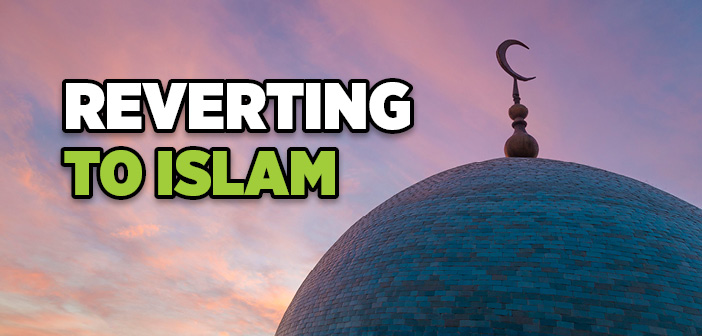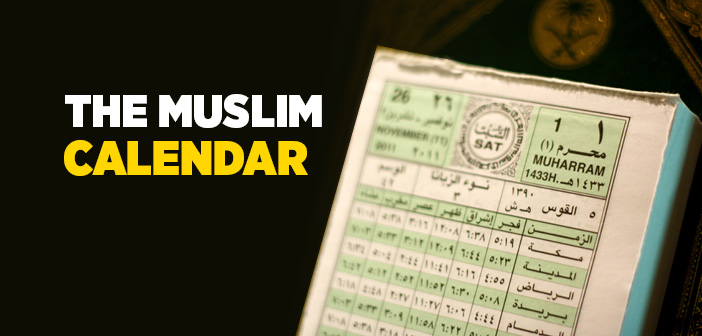What is the muslim calender?
Muslims have two major festivals in Islam. One marks the end of the month of fasting (Eid al-Fitr) and the other marks the Prophet Abraham’s sacrifice (Eid al-Adha) at the end of the pilgrimage season. These festivals consist of certain acts of worship, which distinguish them from any other days in the calendar. These two special days are linked to two special periods; the first one to the month of Ramadan and the other one to the days of pilgrimage. The Muslims, who spend the month of Ramadan fasting, observing prayers and giving charity, celebrate their individual accomplishments with joy and happiness on the occasion of Eid al-Fitr. Whereas, Eid al Adha is celebrated at the end of the pilgrimage season, when the Muslims commemorate the memory of Abraham’s sacrifice, and rejoice after the completion of the communal yearly pilgrimage. It was Allah’s Messenger’s tradition to take a bath and perform the major ablution on festival days, as he did so on Fridays.[1] Allah’s Messenger (peace and blessings be upon him), said, “Ramadan is the day the people start fasting, the festival is the day that the people break their fast, and the festival of sacrifice is the day the people sacrifice.”[2]
In addition to these two festivals, Muslims also celebrate numerous other events, such as, the Friday Congregational Prayer, the Night of Power (Laylat al-Qadr) during the month of Ramadan, the first day of the month of Muharram, which is the first day of the Islamic year and marks the date of the Prophet’s migration (Hijrah) from Mecca to Medina; it constitutes the most important date for Islam because it signaled the actual beginning of the Muslim ummah as an independent unit. Other days of observance include, Al-Isra wa al-Miraj, which is celebrated on the twenty seventh Day of Rajab, and marks the Prophet’s journey from Mecca to Jerusalem and the Heavenly sphere. Mawlid al-Nabi falls on the twelfth of Rabi al-Awwal, and it is the celebration of the Prophet’s birthday. The day of Ashura on the tenth of Muharram is celebrated in memory of the exodus of the Prophet Moses from Egypt. All of these occasions are observed throughout the various Muslim cultures the world over, by enjoying a variety of sweet dishes and celebrations. However, it is important to recognize that only the two major festivals of Islam i.e. the two Eids and Jumu’ah (Friday) have structured ritual prayers.
[1].Ibn Hanbal, 4, 79[2]. Al-Tirmidhi, Sawm, 11.
Source: Islam For New Muslims An Educational Guide,Assoc. Prof. Amjad M. Hussain, Erkam Publications





